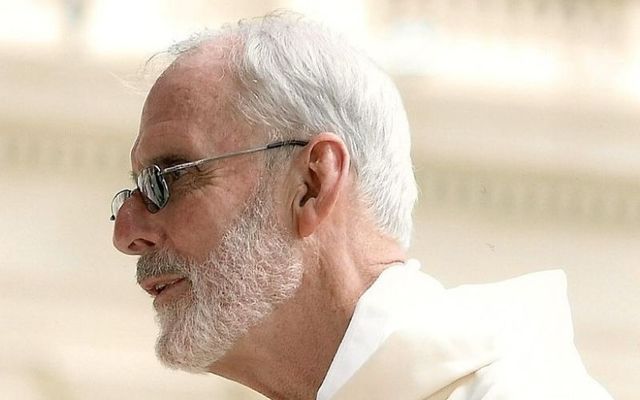An Irish priest who was expelled from Chile by the fascist Pinochet regime for his work helping the country's poorest communities has died aged 79.
Fr. Brendan Forde OFM, a Franciscan friar who spent over 40 years helping the poorest communities in Latin America, died in Limerick on July 8 while visiting Ireland from El Salvador.
His funeral service will take place at the Church of the Immaculate Conception (Adam and Eves), Merchants Quay, at 12 noon on Friday, July 14, followed by a burial at Glasnevin Cemetery.
Fr. Forde was recently honored by the Chilean Embassy in Dublin in recognition of his humanitarian assistance in the 1980s when Chile was under the dictatorship of General Augusto Pinochet.
Opting out of living in a traditional friary in downtown Santiago, Fr. Forde instead built a hut out of cardboard and timber in one of Santiago's poorest regions and gave assistance to some of the city's poorest citizens.
He was expelled to Buenos Aires in 1983 along with fellow Irish priest Fr. Desmond McGillycuddy, who had helped run soup kitchens in Santiago before distributing fliers documenting the human rights violations committed by the Pinochet regime.
September marks the 50th anniversary of Pinochet's coup d'état, with over 130,000 people imprisoned in the first three years of the dictatorship alone. A further 3,000 were murdered by the regime in the same period, while 3,000 others disappeared. Tens of thousands of people were subjected to torture and abuse.
After his expulsion from Chile, Fr. Forde helped the poor in El Salvador, Bolivia, and Colombia, often braving war and oppression to do so.
He returned to live in the mountains of El Salvador roughly five years ago.
Fr. Forde took ill on a recent trip to Ireland and died on July 8 in University Hospital Limerick.
Speaking at a ceremony honoring Fr. Forde at the Chilean Embassy at the end of June, President Michael D. Higgins said the Irish priest had a "deep-seated sense of social justice, and a yearning to help and serve the poorest and most vulnerable people in Chile".




Comments